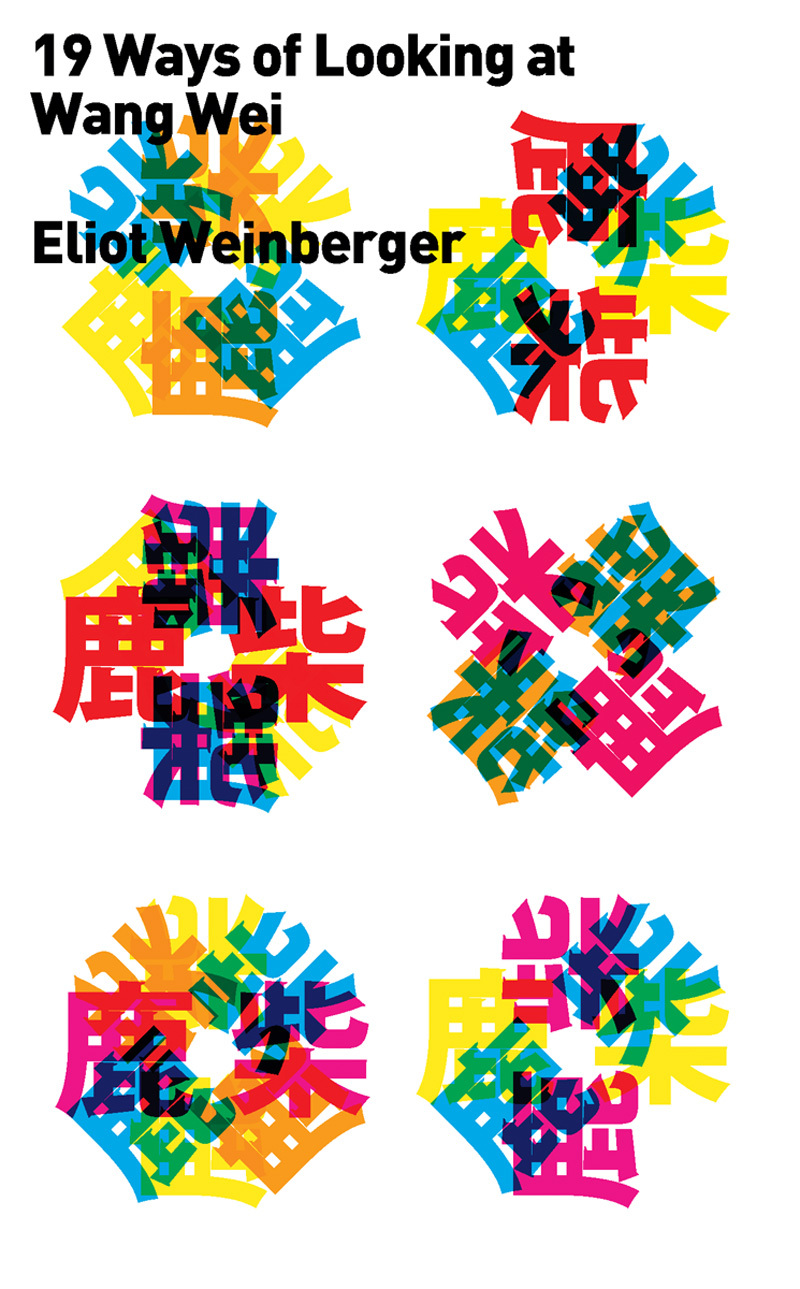What do you think?
Rate this book


88 pages, Paperback
First published January 1, 1987
empty mountain not see man
only hear man talk sound
return light enter deep wood
again shine green moss on
Empty hills, no one in sight,
only the sound of someone talking;
late sunlight enters the deep wood,
shining over the green moss again.
Empty mountains:
no one to be seen.
Yet - hear -
human sound and echoes.
Returning sunlight
enters the dark woods;
Again shining
on the green moss, above.
As such, every reading of every poem, regardless of language, is an act of translation: translation into the reader's intellectual and emotional life.
Empty mountain—no one is seen
but distant voices echo.
The sunset slips back through deep woods
And shines once more on the green moss.
Empty mountains:
no one to be seen.
Yet —hear—
human sounds and echoes.
Returning sunlight
enters the dark woods;
Again shining
on the green moss, above.
—Gary Snyder, Journal for the Protection of All Beings, No. 4, Fall 1978.
In its way a spiritual exercise, translation is dependent on the dissolution of the translator's ego: an absolute humility toward the text. A bad translation is the insistent voice of the translator - that is, when one sees no poet and hears only the translator speaking.
The point is that translation is more than a leap from dictionary to dictionary; it is a reimagining of the poem. As such, every reading of every poem, regardless of language, is an act of translation: translation into the reader's intellectual and emotional life. As no individual reader remains the same, each reading becomes a different - not merely another - reading. The same poem cannot be read twice.